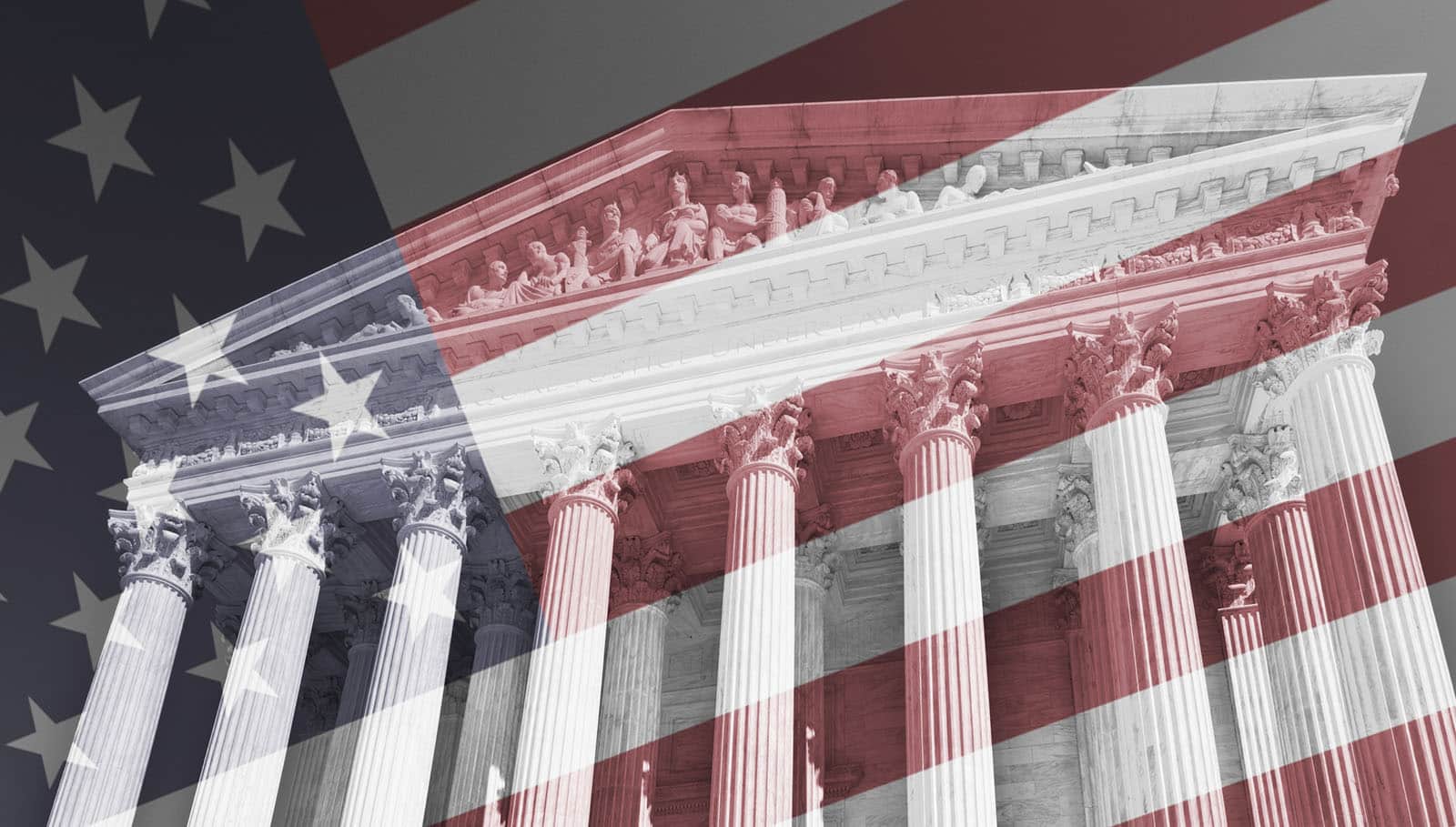May 14, 2025

This information is provided for educational purposes only by Kohn, Kohn & Colapinto and does not constitute legal advice. No attorney-client relationship is created by accessing this content. Laws and regulations may change, and this material may not reflect the most current legal developments. If you believe you have a whistleblower claim, consult a qualified attorney to discuss your specific circumstances.
The best way to prevent retaliation is for your company not to know who you are. If they do not know who the whistleblower is, it is hard to retaliate. You should not make any disclosures to your supervisor or company compliance office until after you consult a whistleblower attorney. There is a well-established history of employees suffering retaliation after disclosing internally.
Can my company spy on me or access my cell phone or computer records?
To protect your identity and confidentiality, do not use any devices owned by the company or the government to blow the whistle. For example, do not use a company or government-issued technology, including phones, computers, or wireless networks. The U.S. Supreme Court permits highly intrusive surveillance through corporate-owned property regardless if that property is given an employee to use in a personal capacity.
The best way to protect your confidentiality is to work with a whistleblower attorney. The attorney-client privilege protects the conversations you have with your attorney.
Do companies protect whistleblowers when using internal reporting procedures?
The earliest whistleblower cases document corporations explicitly retaliating against employees who file their concerns internally. Furthermore, in these cases, the corporations argued in court that they could fire at-will employees who report concerns internally. Corporations have won and prevailed in many of these cases.
Most recently, the U.S. Supreme Court backed the Chamber of Commerce and held that employees who report internally lack any protection from retaliation under the Dodd-Frank Act. In response to the assault of corporations against whistleblowers who report internally, Congress amended and enacted laws to protect employees who report internally.
Given the long history of retaliation against internal whistleblowers, and the opportunity to obtain a reward if you contact the appropriate government agency, no employee should ever report an allegation of fraud or corruption internally until he or she has contacted an attorney and obtained advice. Furthermore, if an internal compliance program is managed by company attorneys, that program should be avoided.
If I report internally, can companies use the information I provide as a justification for firing me?
Yes. The U.S. Supreme Court and all of the lower courts permit corporations to use information collected by the company as grounds for discipline and to fire employees. Furthermore, some company compliance programs are managed by attorneys (usually the Office of General Counsel). It is strongly recommended not to have any contact with these programs. Professionals within the compliance communities themselves overwhelmingly condemn lawyer managed programs because the attorney for the company must act in the best interest of the company, which often means attacking the whistleblower. Attorney managed compliance programs often shield their information and investigatory files from civil discovery and even from the government.
See Rule 10: Know the Limits of “Hotlines” and Rule 11: Don’t Let the Lawyers Throw You Under the Bus
The goal of the attorney managed compliance programs is to protect the company and prevent liability, usually making the whistleblower the target of their wrath.
Can I be confidential if I report internally?
By definition, if you disclose whistleblower concerns to a company, the company knows who you are, and this renders future attempts to be an anonymous whistleblower extremely difficult. Some laws require companies to keep whistleblower’s identity confidential if they report internally, but in practice, those do not work.
Our Firm’s Cases

Contract Fraud Exposed
Dr. Tommie Savage, a seasoned contracting officer at the Army Corps of Engineers, uncovered a web of systemic corruption within the agency's Huntsville, Alabama contracting office. Her unwavering commitment to ethical government practices led to a relentless campaign of retaliation that would test her resilience and courage.

$300 Million in Sanctions and Fines
Our firm and Athens-based Greek law firm of Pavlos K. Sarakis & Associates jointly represented Greek whistleblowers who proved that the multinational Swiss-based pharmaceutical company Novartis paid millions in bribes to illegally market drugs in violation of the FCPA. Novartis was required to pay $300 million in sanctions and fines.

$2 Billion Recovered
Wilkinson blew the whistle on a $230 billion Russian money-laundering scandal that moved rubles out of Russia, converted them to dollars at Danske Bank Estonia Branch, then to moved the dollars to New York. The largest money laundering scandal in history.


![Whistleblower Protection Laws: A Comprehensive Guide [2025]](https://kkc.com/wp-content/uploads/2025/03/Whistleblower-Protection-Laws.jpg)